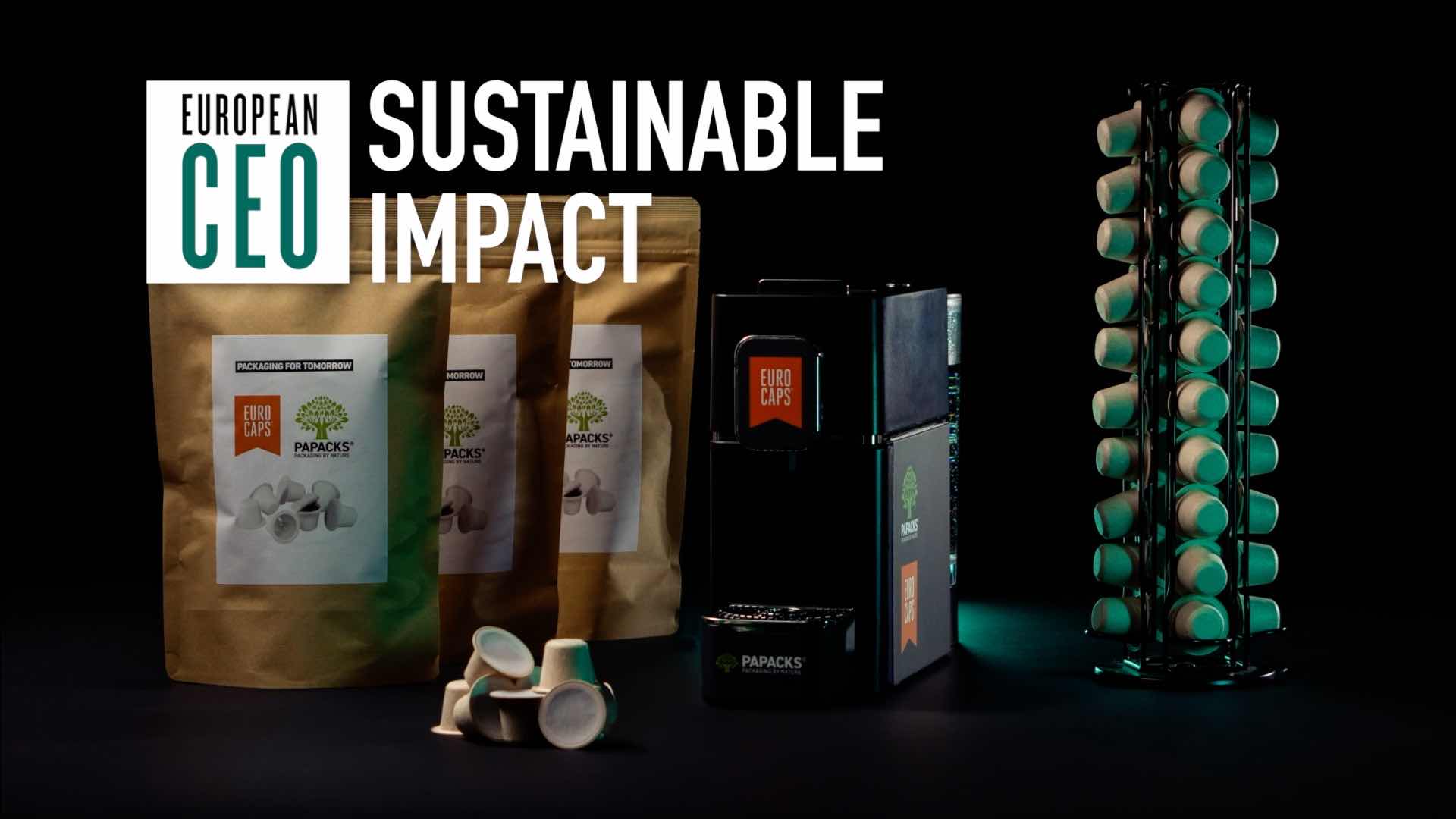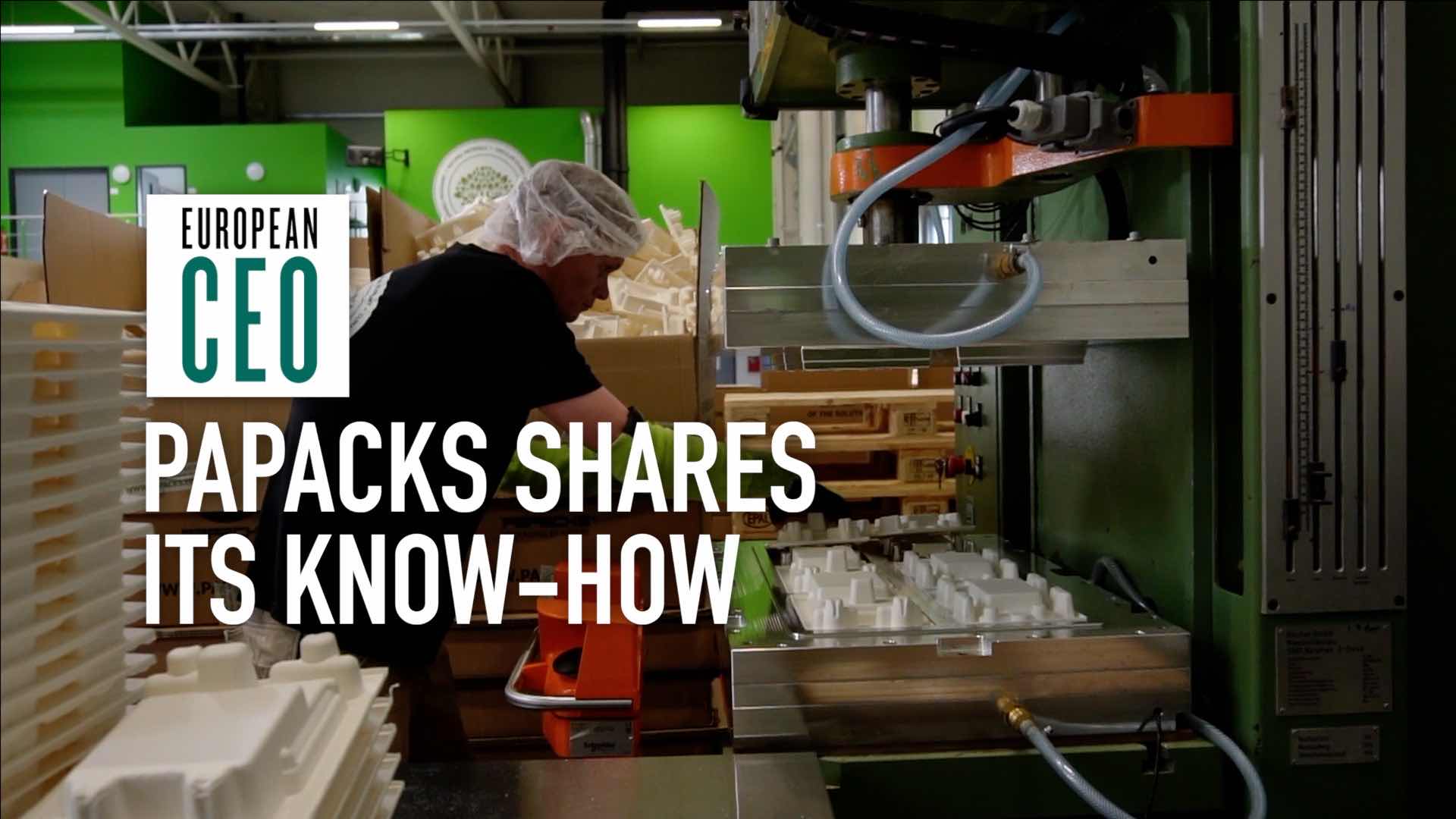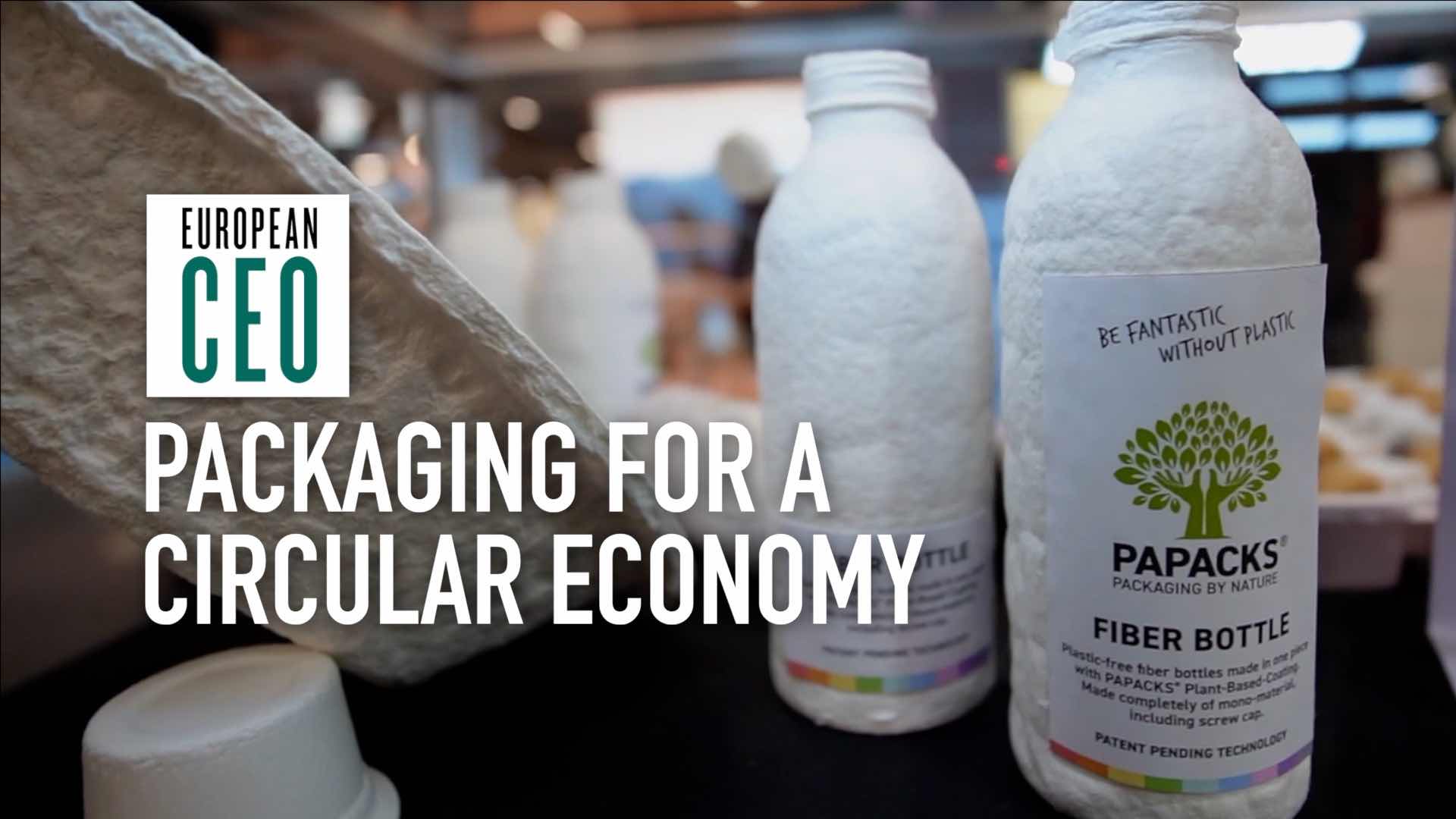Prepare for acquisition by empowering your co-workers
In January 2016, Endinet – the Dutch electrical grid provider – was acquired by Enexis. Endinet's chiefs share their experience of preparing for acquisition
Transcript
What gives a company longevity and sees it successfully through an acquisition? For Endinet, the answer was inspirational leadership and motivated staff. Paulus Beurskens, Danielle Moris and Marika Menschaar from Endinet talk to European CEO about the organisation’s management strategy.
European CEO: What gives a company longevity and sees it successfully through an acquisition? The answer for most is inspirational leadership and innovative and motivated staff. This has certainly been true of Endinet – with me to discuss are Paulus Beurskens, Danielle Moris and Marika Menschaar from Endinet.
Well Paulus, I want to start with you. You joined the company in 2010, pre-acquisition. So what issues were you confronted with, and what was your management strategy moving forward?
Paulus Beurskens: The biggest issues we confronted were low moral, no trust, a really big gap between management and co-workers; and last but not least, there was no common mission, no vision, and no strategy.
What we did is, first create that common goal – that mission, vision and strategy – using the input of the whole company. And what I specifically did in management was cut out the hierarchy, and put together a really broad management team, so all the disciplines of the company were in management.
So what we got then was really fast decision-making, which was carried by the whole company, since it included all disciplines.
European CEO: And Danielle, over to you now. Transformation of company culture from ‘fear’ to ‘dare’, where taking ownership is rewarded, is incredibly important – but it is difficult to achieve. Talk me through this.
Danielle Moris: First and most important is to get your people involved. Use the wisdom of the crowd. So get them involved in the major issues – not only in the minor issues.
And you have to give feedback. And in that way you create a fair process, but you also treat your people with respect.
The second is, you have to create an environment where there is space, and at the same time safety. So you really have to encourage your co-workers to make their own decisions. But people can only take responsibility when they feel safe. So never ever punish your co-workers if they’re trying to improve your company. That’s very important.
The third is, you also have to recognise what’s good in the company. Every company has a past, so as a leader you have to know that past. Know the traumas, but also know the glories. And when you know the glories, celebrate them, and add successes to them, and celebrate those successes.
European CEO: So what would you say is the best way to motivate employees to maximise productivity?
Danielle Moris: Well, first and most important, you have to make sure that your co-workers do the job they’re best at. So you have to get the right man or woman in the right position. And you have to treat it like a strategic plan, and constantly monitor it as a leader.
Secondly, you have to create an environment where people want to strive for continuous improvement, and they want to do their best every day to improve your company – and have fun with it while they’re doing it.
And third, as a leader you have to be very aware of your own behaviour. So lead by example. Be honest, ask for help, don’t think that you know all the answers as a leader – because you don’t – be authentic, and be vulnerable. Because people want to really connect with you. And if you make that connection with people, then you can really empower people.
I think as a leader it’s very important to ask yourself the question every day again, and that is, what is it in my behaviour that makes the company act as it does?
European CEO: And Marika, can you talk me through the strategy behind the success and transformation of Endinet?
Marika Menschaar: Well we always say changing a business is like running a business. It’s very important to combine change in the company’s challenges and the company’s ambition, and not to see people development and leadership development separate from running the business.
Second, it’s very important to use the wisdom of the crowd. We combined a top-down and bottom-up approach in an iterative process to get the information from the people in strategic planning, business planning, and operational planning. All within given boundaries.
Third, make sure that you’re transparent. That people understand and recognise their individual input to the common goal.
European CEO: Endinet is a grid company, and this is rather niche. So what sort of management challenges does this represent from different companies?
Marika Menschaar: Well, the main challenge for a grid company is energy transition. For the last hundred years, energy was flowing from production facilities to the customers. And now, with all the new developments, you see that energy can be produced by the customers themselves, giving a different flow to the grid.
And this has a major impact on the business model of the company, but also on the expectation and investments in the grid.
This changes, actually, the company at its core. It’s important that you are flexible, and that the company is ready to change.
European CEO: And Paulus finally, what’s in the works for Endinet moving forwards?
Paulus Beurskens: The real question is, what’s in the works for the people who work at Endinet. Since Endinet has been sold as per January 1st 2016. And what we really did – and what I’m really proud of – is that for the last five years we got our co-workers ready for a changing environment and a changing power grid industry.
That to me is the biggest legacy we as management could leave behind for our people. And I’m really sure that the development we all had for the last five years made our people ready, and made us ready for any future that lies ahead.
European CEO: Paulus, Marika, Danielle, thank you.
Paulus Beurskens, Marika Menschaar, Danielle Moris: Thank you.


 Papacks CEO: ‘Working with sustainable impact makes people happy’
Papacks CEO: ‘Working with sustainable impact makes people happy’ Papacks goes global by sharing molded fiber technology in licence model
Papacks goes global by sharing molded fiber technology in licence model Think circularity: Molded fiber is the sustainable future of packaging
Think circularity: Molded fiber is the sustainable future of packaging